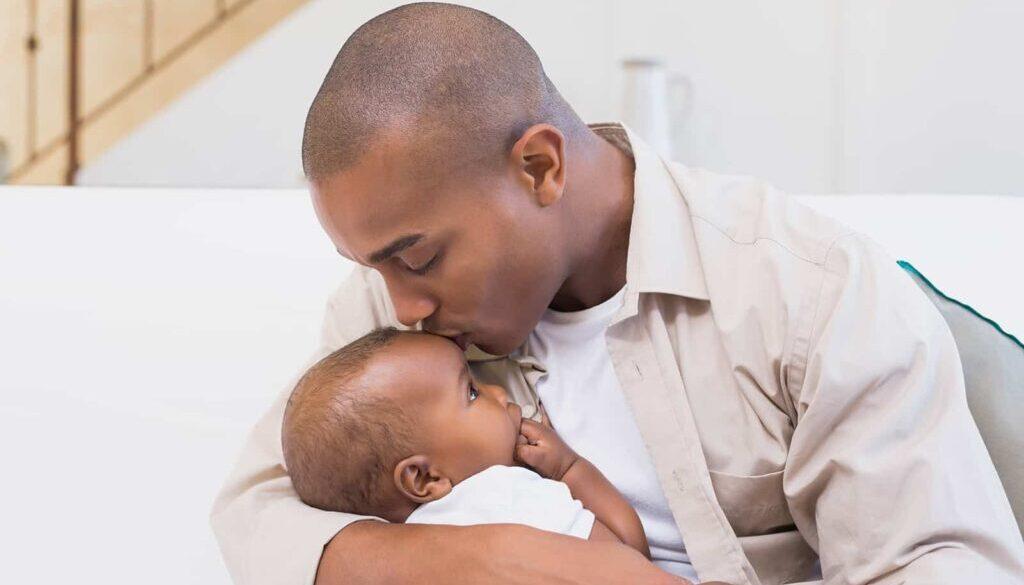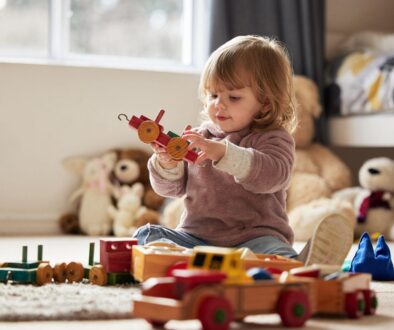Understanding Your Baby’s Cues

Children will experience the same emotions that adults do, but the way they express those feelings will look different. Their behavior has meaning and it’s our job as the adults to understand what that meaning is. Before children have strong language skills, it can be hard to understand what they are trying to communicate but your baby’s body language can tell you how they are feeling and what they need from you. When you notice their cues and are able to respond to them, your baby will feel safe and secure.
Cues are signals from your baby that tell you how they feel and what they need. Some cues tell you that your baby is ready to interact with you and others tell you that your baby needs a break.
Discomfort and Pain- Your baby may use different cries for hunger, discomfort or pain. Paying attention to the sounds of these cries helps you make a good guess about what your baby is trying to communicate. Eventually, you will begin to recognize their cues and figure out the best way to respond to your baby’s needs.
Tired– An overstimulated or tired baby will often break eye contact with you and look away. Staring off into the distance, yawning, fussing or losing interest in people or toys are common signs to look for.
Hungry- Hungry babies will usually show signs of hunger before they begin to cry. Opening and closing the mouth, turning toward the breast, fists moving to mouth, sucking on hands or lip smacking are all cues to look for.
Wanting to Play- Babies will let you know when they’re ready for fun. Some cues that your baby is ready to play with you include smiling, babbling, eye contact and reaching out to you. Make sure to enjoy some playtime with your little one when you notice these cues.
Breaktime- Sometimes babies need a break from the current activity. In this case, they may turn their head away from you, squirm, startle or kick to let you know.
Remember that understanding your baby’s cues can take practice and there will be times when you don’t know what your baby wants. During these times, a warm and gentle response from you will help your baby feel safe and help you to build a strong relationship with them.





